Description
Eating nuts regularly could improve sperm health, a study suggests. Men who ate about two handfuls of mixed almonds, hazelnuts and walnuts daily for 14 weeks improved their sperm count and had more viable “swimmers”, scientists found. The advantage with almonds and walnut is, when consumed on empty stomach it will not only give us protein but also helps to improve HDL levels.
Smell and take a small nibble of the walnuts. Fresh walnuts will smell nutty and have a sweet, nutty taste. Walnuts that smell like paint thinner and have a very bitter taste are rancid and need to be thrown away. The middle part of Chile, such as Santiago, is the main production area for walnuts. This area’s Mediterranean climate is good for walnuts’ growth. Chilean walnuts are bright in color and almost free of bitter taste.
Quality and good walnuts are usually elongated with a thin shell. If the nut is in the peel, then it must be whole without mechanical damage. Buy whole unshredded nuts, since it is better to see what kind of quality it is. They should not be moldy, stained, the color should be smooth and golden

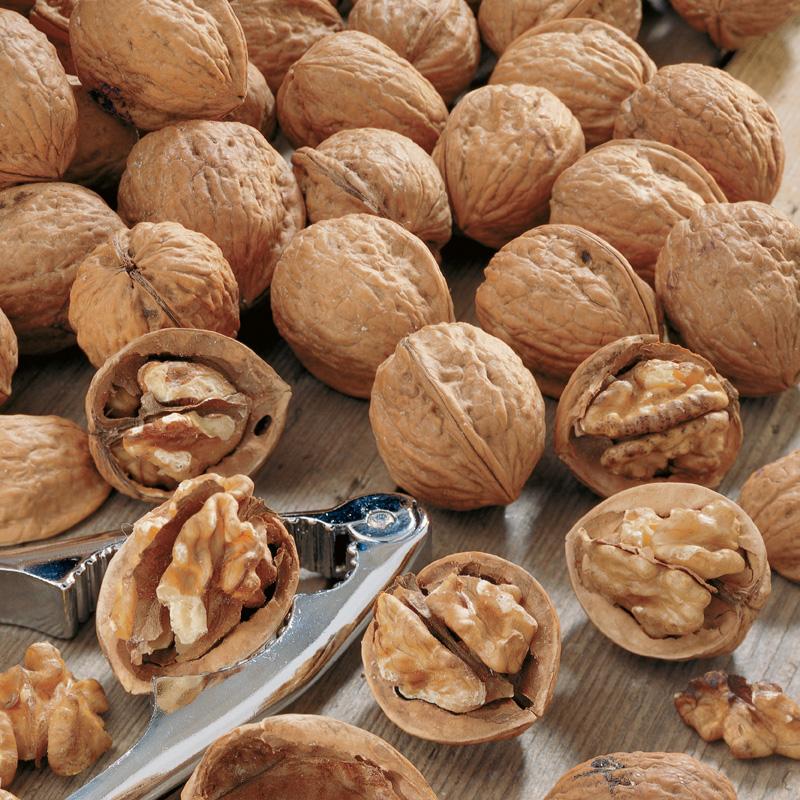
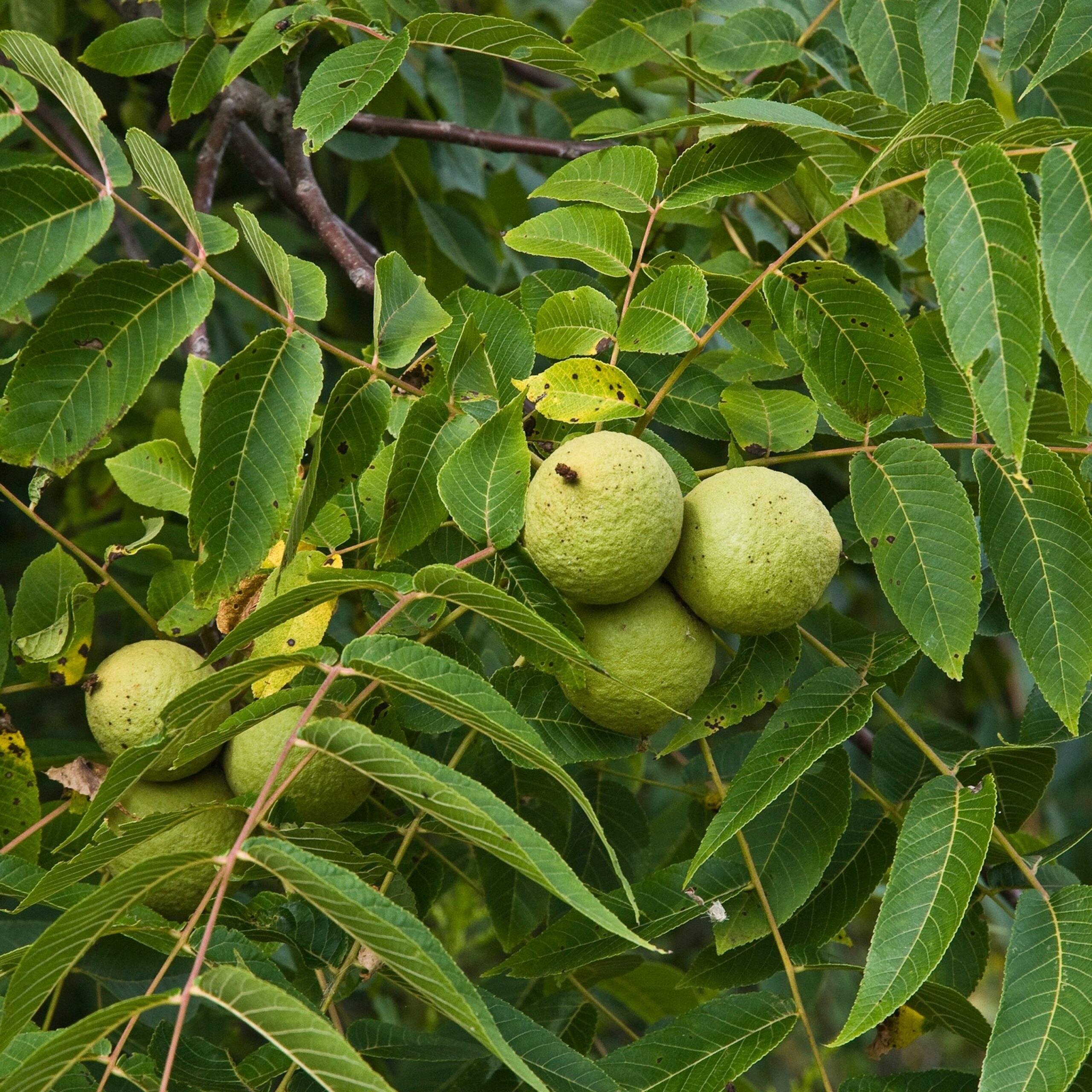
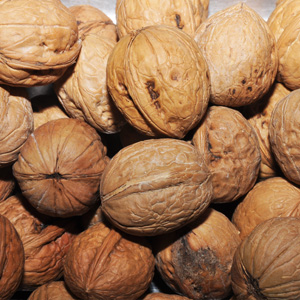
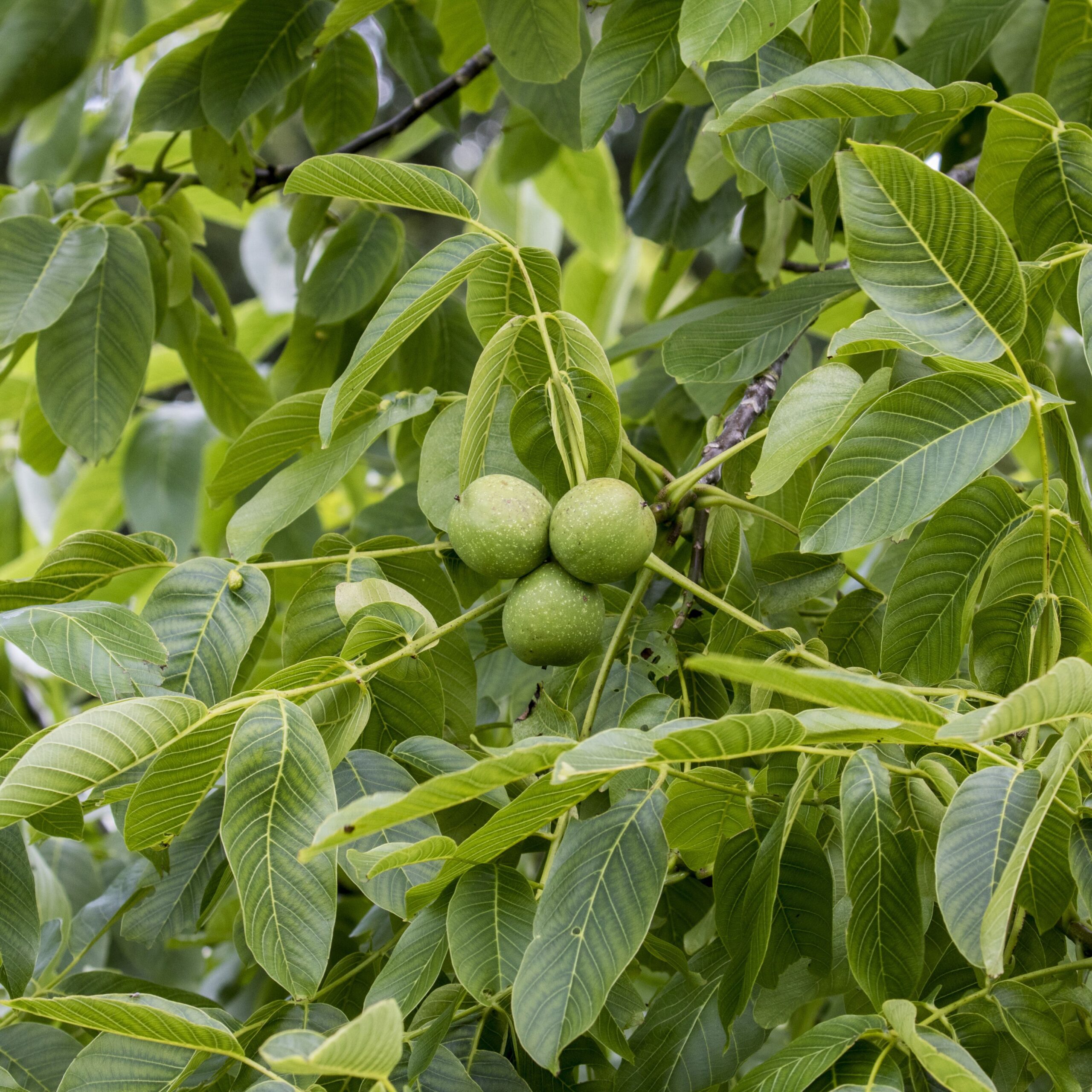
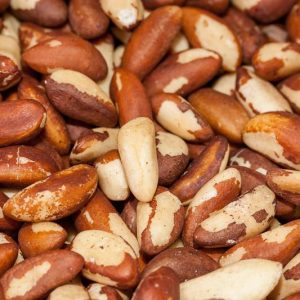
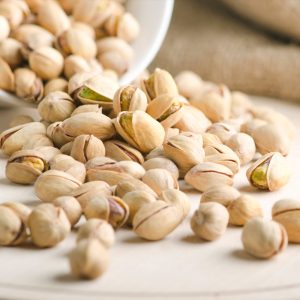
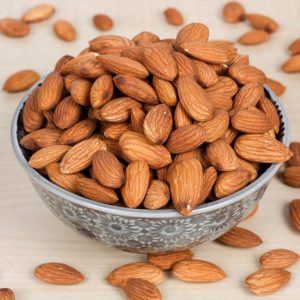

Reviews
There are no reviews yet.